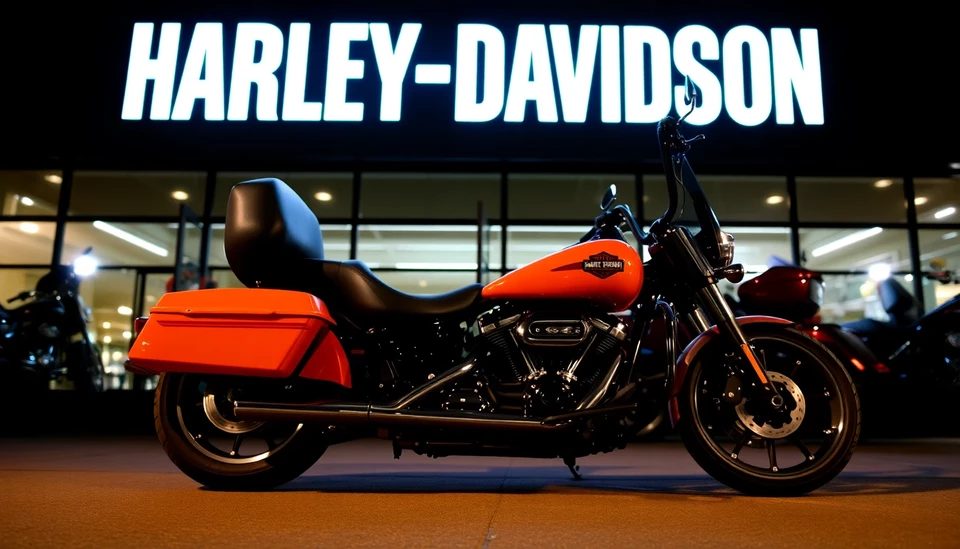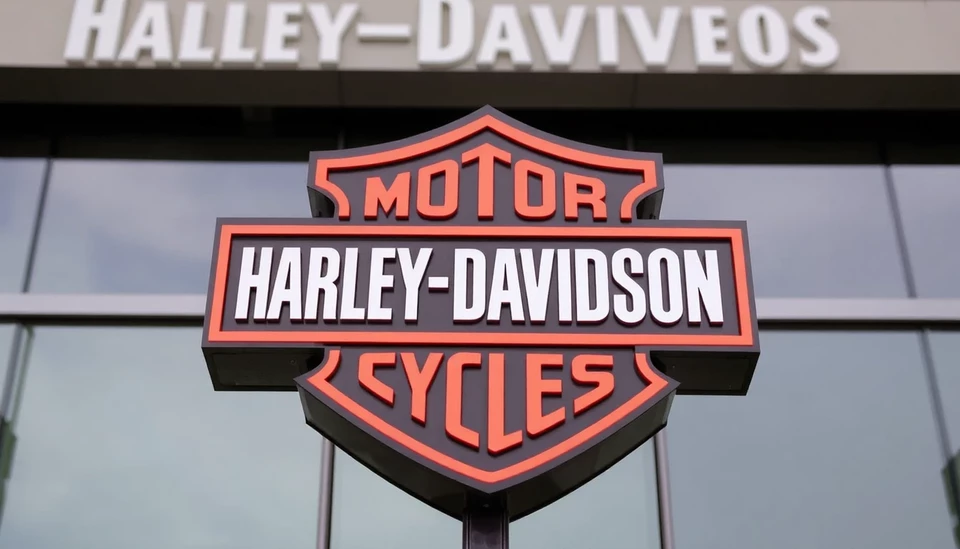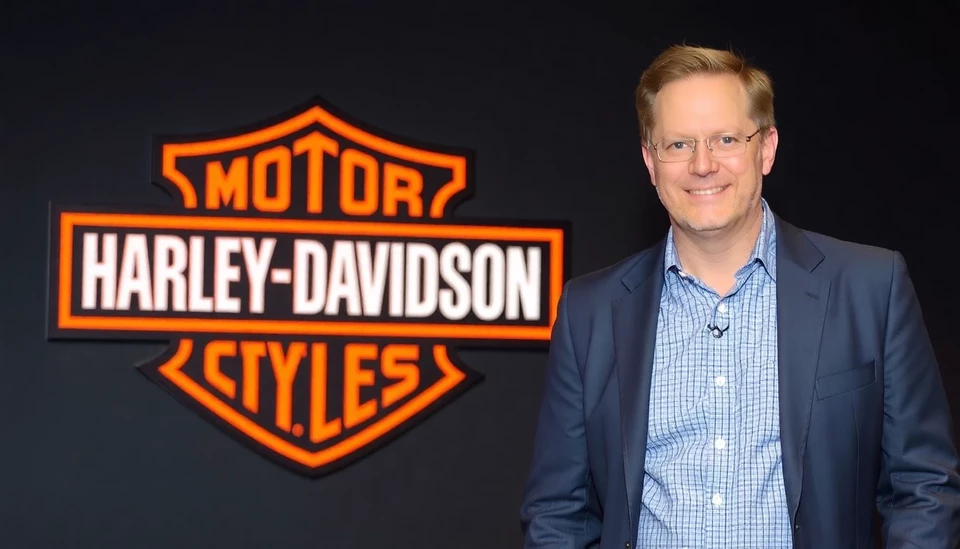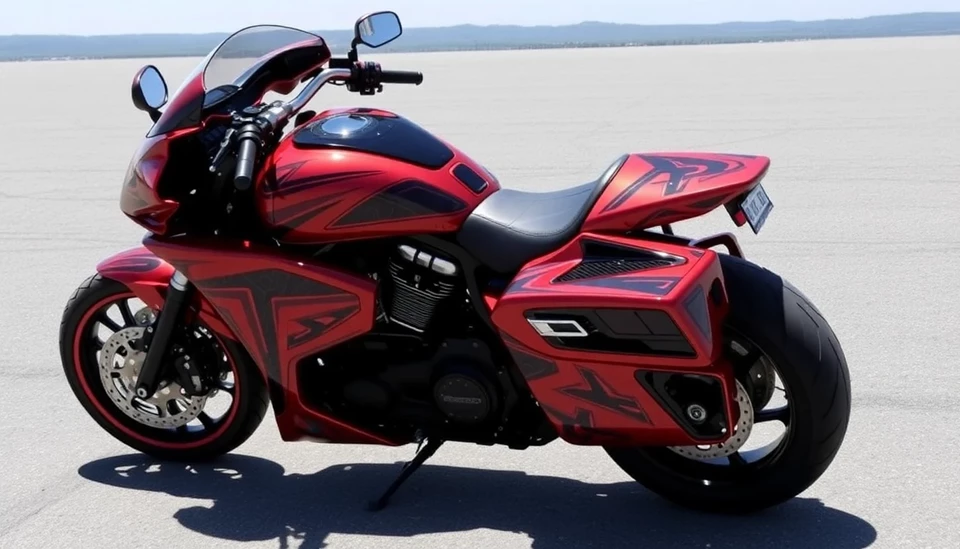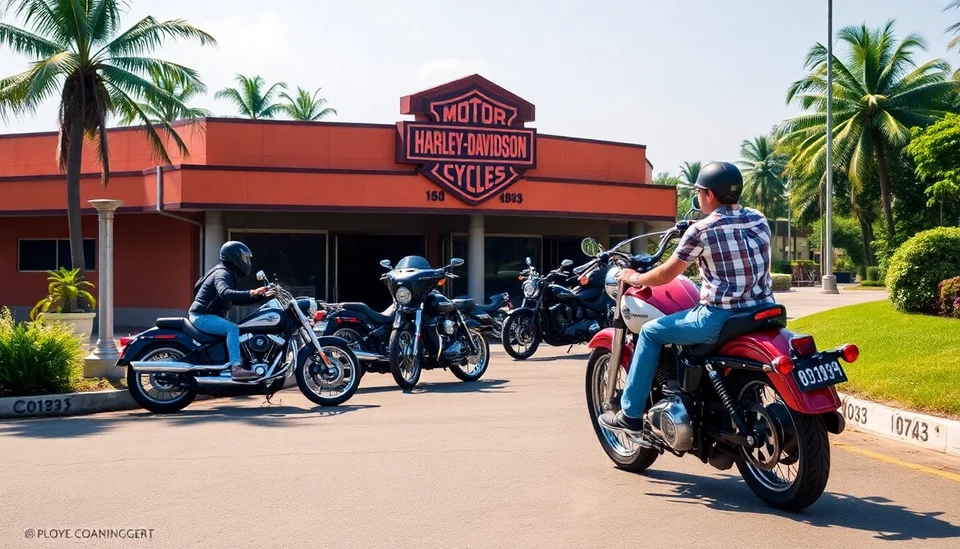
In a surprising move that could drastically change the landscape of motorcycle imports, the Indian government is contemplating a "zero-tariff" policy for Harley-Davidson bikes. This potential decision emerges alongside a significant trip by U.S. Senator JD Vance aimed at strengthening ties with the American automotive icon and President Donald Trump. The combination of political initiatives and economic strategy underscores the evolving dynamics of U.S.-India relations and the broader implications for global trade.
The discussions surrounding the reduction or elimination of tariffs on Harley-Davidson motorcycles have intensified amidst ongoing negotiations to smoothen trade relations. Currently, India imposes a hefty tariff on imported motorcycles, which has been a sticking point for companies seeking to establish a foothold in one of the world's largest markets for two-wheelers. By proposing a zero-tariff framework, the Indian government aims to lure Harley-Davidson back to the country and reinvigorate its operations, which have notably declined in recent years.
Harley-Davidson, a brand synonymous with American heritage and culture, has faced challenges since it scaled back its manufacturing presence in India. The company, which initially aimed to capture the hearts of Indian bike enthusiasts, saw a significant drop in sales, prompting some to question whether it can reclaim its place in this burgeoning market. The introduction of a zero-tariff policy could provide the necessary impetus for the brand to reinvest in local operations, thereby enhancing its competitiveness against native manufacturers.
Vance's journey to India carries additional weight, especially given his alignment with Trump's pro-manufacturing and pro-business agenda. By advocating for American brands like Harley-Davidson, Vance is not just positioning himself politically but also trying to cultivate a more favorable environment for U.S. companies abroad. His discussions with key Indian officials may prove to be instrumental in pushing the zero-tariff initiative forward, which could ultimately reshape U.S.-India trade relations.
The proposed tariff reduction has received a mixed response from various stakeholders. While proponents argue it could benefit consumers by lowering prices and increasing available models, critics warn that such a move could undercut local manufacturers and affect domestic employment. As India’s automotive sector evolves, it's essential for policymakers to strike a balance between attracting foreign investments and nurturing local industries, ensuring economic growth is inclusive.
The stakes are high as both countries navigate their trade relationship amidst wider geopolitical considerations. Strengthened ties between the U.S. and India could potentially set new benchmarks in international trade, especially in the automotive sector. Whether the zero-tariff plan takes shape will depend on negotiations and the political will of leaders on both sides. As developments unfold, the focus remains on how both nations can mutually benefit while maintaining a sustainable market strategy.
As the conversation deepens, industry analysts and consumers alike will be watching closely how this potential policy shift could impact the future of Harley-Davidson in India and the country’s broader economic landscape.
#HarleyDavidson #IndiaTrade #JDVance #USTradeRelations #MotorcycleIndustry #ZeroTariff
Author: Daniel Foster
